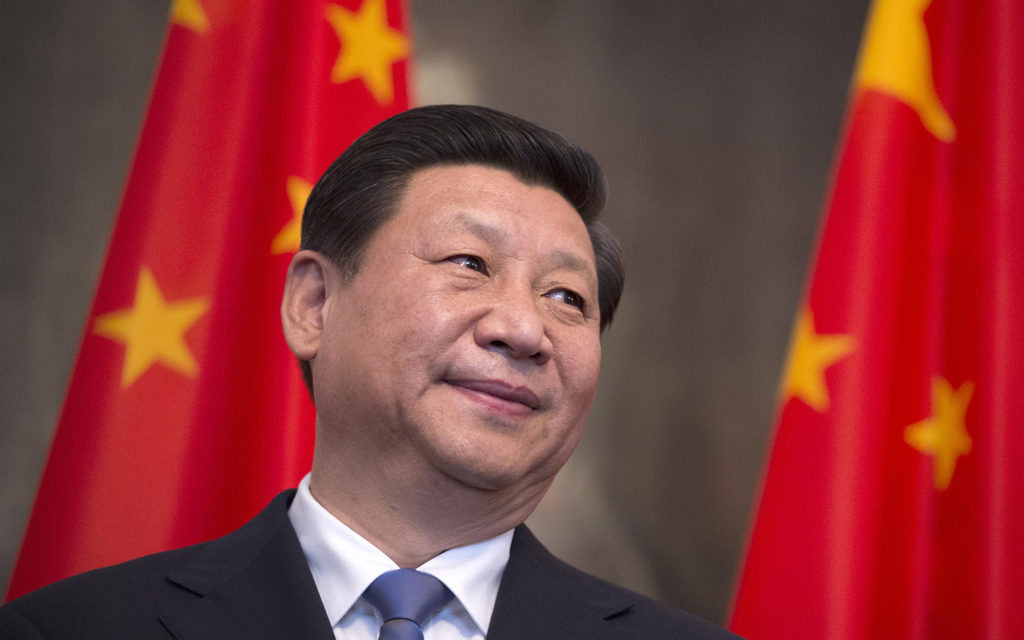Brussels – The European Union is ‘rediscovering’ Latin America. New reasons are rekindling the need for new relations, which are new repositions on a chessboard where China has, however, begun to make moves long ago and steadily. As much as the European Commission rejoices over the results achieved with Mercosur countries (Argentina, Bolivia, Brazil, Paraguay, Uruguay, plus suspended Venezuela), and as much as it does its best to fish for allies on the Caribbean side, the EU arrives too late and poorly in an area of the world where Beijing has been looking at and investing, in trade and political relations, for a long time.
The European Parliament’s Center for Studies and Research lists the EU’s strategic mistakes in a report highlighting the limits of an EU that has so much to lose in this race for presence on the continent. The first mistake is political: “The EU missed the opportunity to hold a summit with the region for eight years, from 2015 to 2023.” Meanwhile, the People’s Republic was weaving its web. Between 2013 and 2024, President Xi Jinping visited Latin America six times in person. The countries in the region signed about a thousand bilateral trade agreements in this same time frame with China.

The EU’s second error regards the method. Analysts in the European Parliament point out that the much-vaunted EU-Mercosur Free Trade Agreement offers no certainty, as there is resistance from some countries (France and Poland) and national parliaments eager to sink it. Conversely, China does not need confirmation on what it has already signed. Again, during the Covid pandemic, China supplied first and most vaccines, with the EU coming next. Then there is the issue of sustainability: the deforestation regulation “was perceived as protectionist,” particularly in Brazil and Argentina, not exactly marginal countries.
Argentina can offer access to lithium through the EU-Mercosur Free Trade Agreement. Still, there is more to it than that: antimony, niobium, bauxite, manganese, graphite, silicon metal, tantalum, and vanadium. These are all critical raw materials abundant in Latin America, and China, through its presence in the region, wants to secure supply and control to influence global markets and economies. The People’s Republic is quietly and patiently playing its game for a new world order under the influence of China.
A practical demonstration of China’s renewed power is its orientation on Taiwan. In 2017, out of the 33 countries in the Latin America and Caribbean region, 18 recognized the island of Formosa as a sovereign state, while today, only seven maintain diplomatic relations with Taipei (Belize, Guatemala, Haiti, Paraguay, Saint Kitts and Nevis, Saint Lucia, Saint Vincent, and the Grenadines). Beijing, therefore, is eroding international support around Taiwan, which is considered an integral part of the People’s Republic. The move is in open contrast to the positions of the EU, which recognizes ‘two Chinas’ while for Beijing, China is one with Taiwan. Therefore, the Chinese presence in Latin America also contributes to diminishing the EU’s international agenda.

US president Donald Trump [foto: archivio]
EU policy toward Latin America thus appears short-sighted. From a trade perspective, China is the second largest trading partner for the region behind the United States, which it could overtake in 2035. In this vast and growing trade flow, Beijing is the leading buyer of raw materials from countries in the region: in 2023, one-third of the raw materials exported from Latin America (34 percent) ended up in the People’s Republic. Considering that of the 34 critical raw materials contained in Annex 2 of the proposed regulation on the subject, as many as 25 are extracted in Latin America, the European Union is already losing the supply race, and even more dangerously, it risks losing it.
China’s increased presence in Latin America is also due to Donald Trump’s first presidency (2017-2021). With him at the head of the US, the protectionist approach has pushed the governments of countries in the region toward Beijing, which, unlike the US, has been more conciliatory. The second Trump presidency, marked by a policy of easy tariffs, could help China disrupt even more European interests in the Central American market.
English version by the Translation Service of Withub







